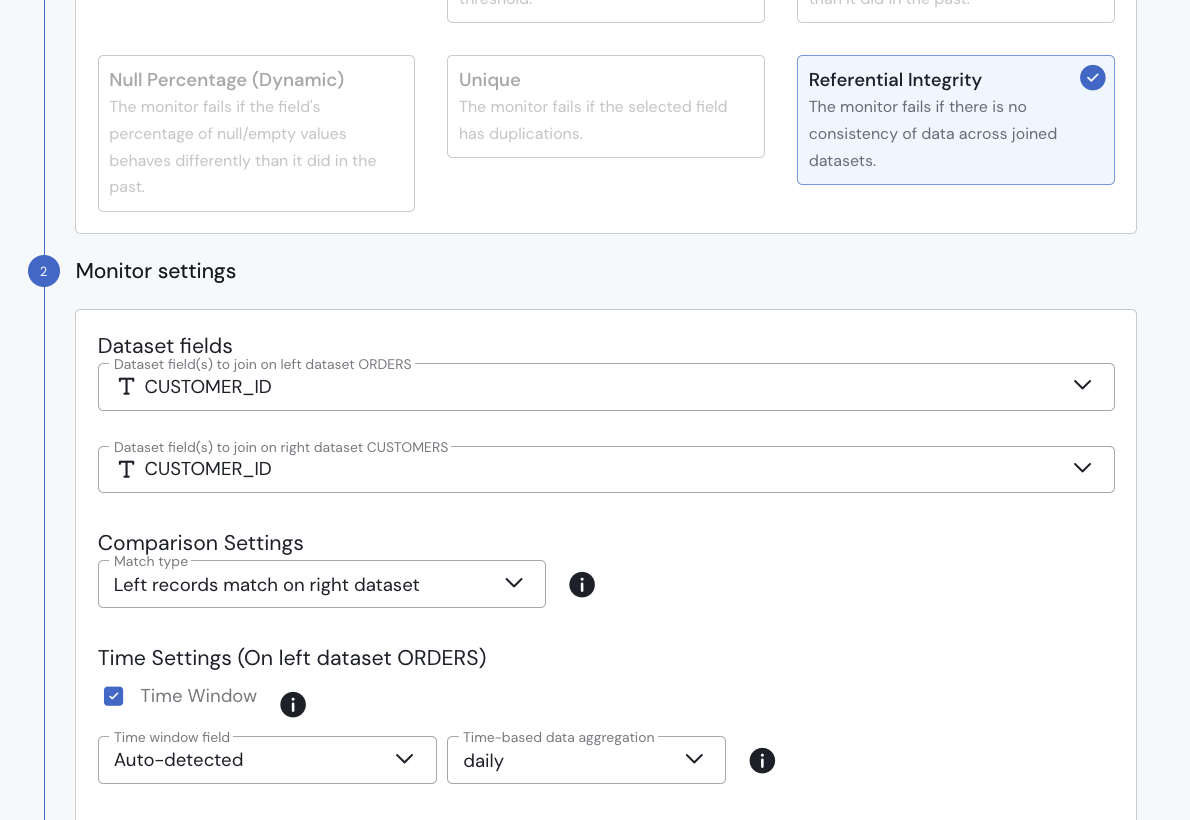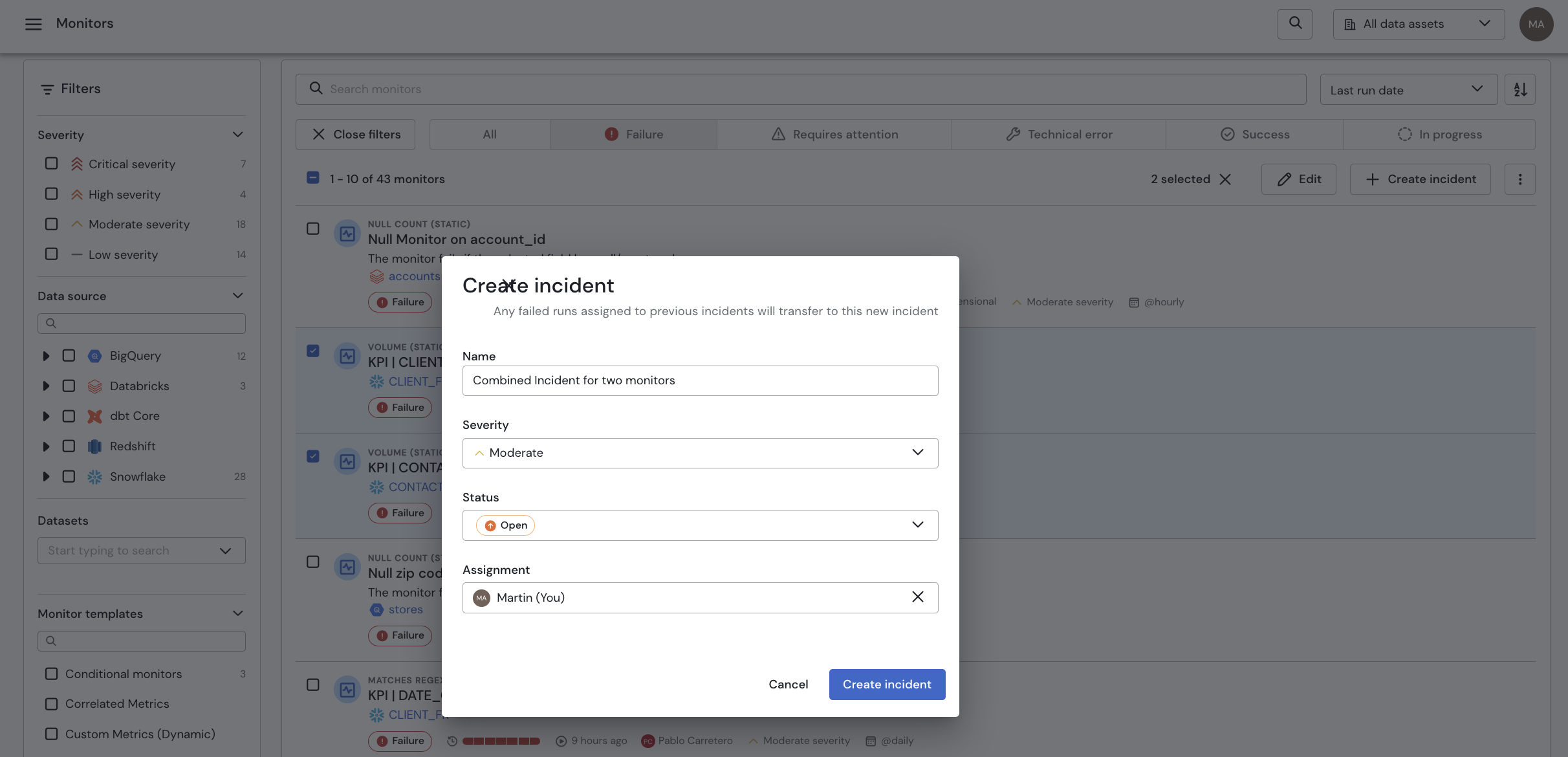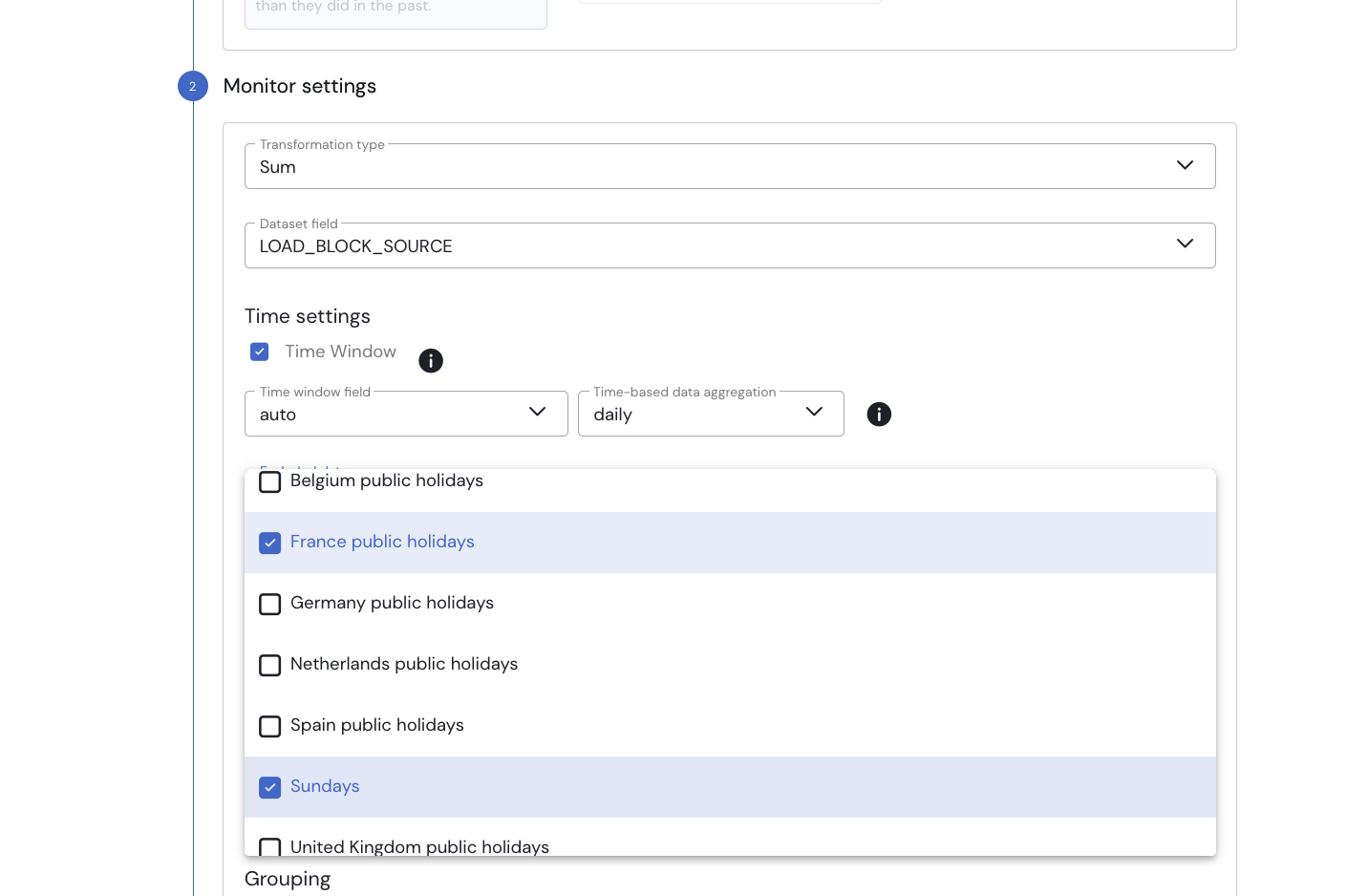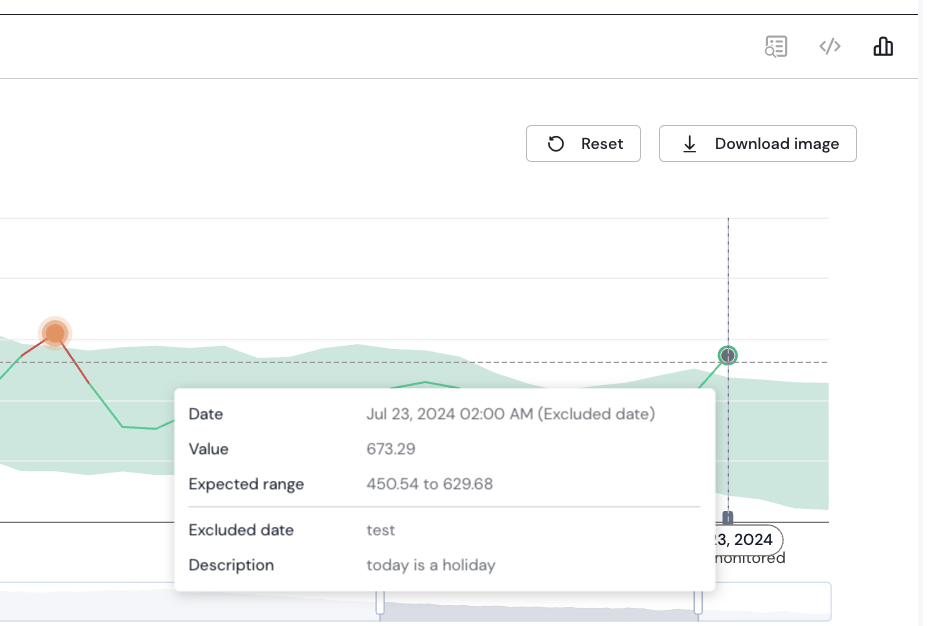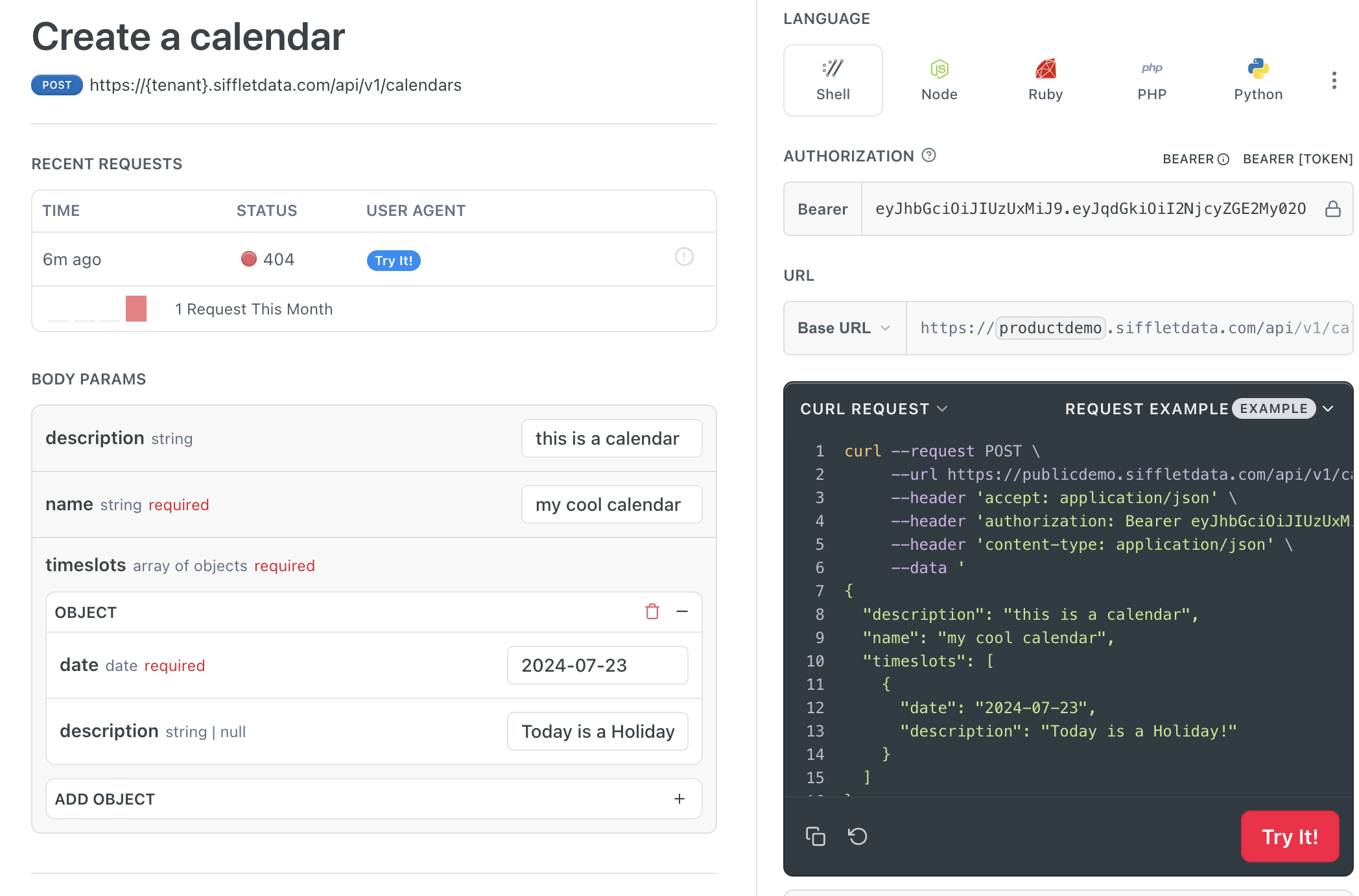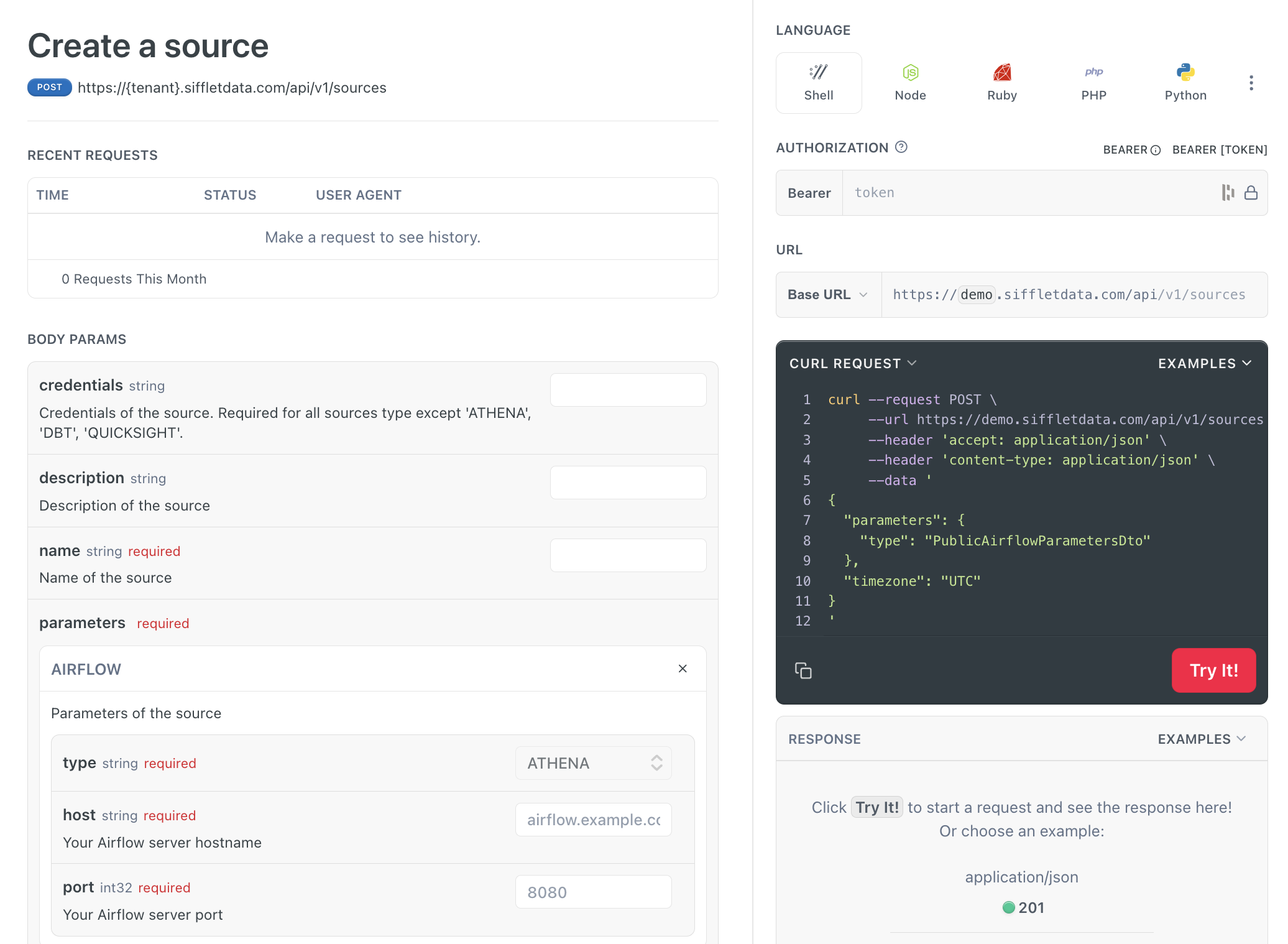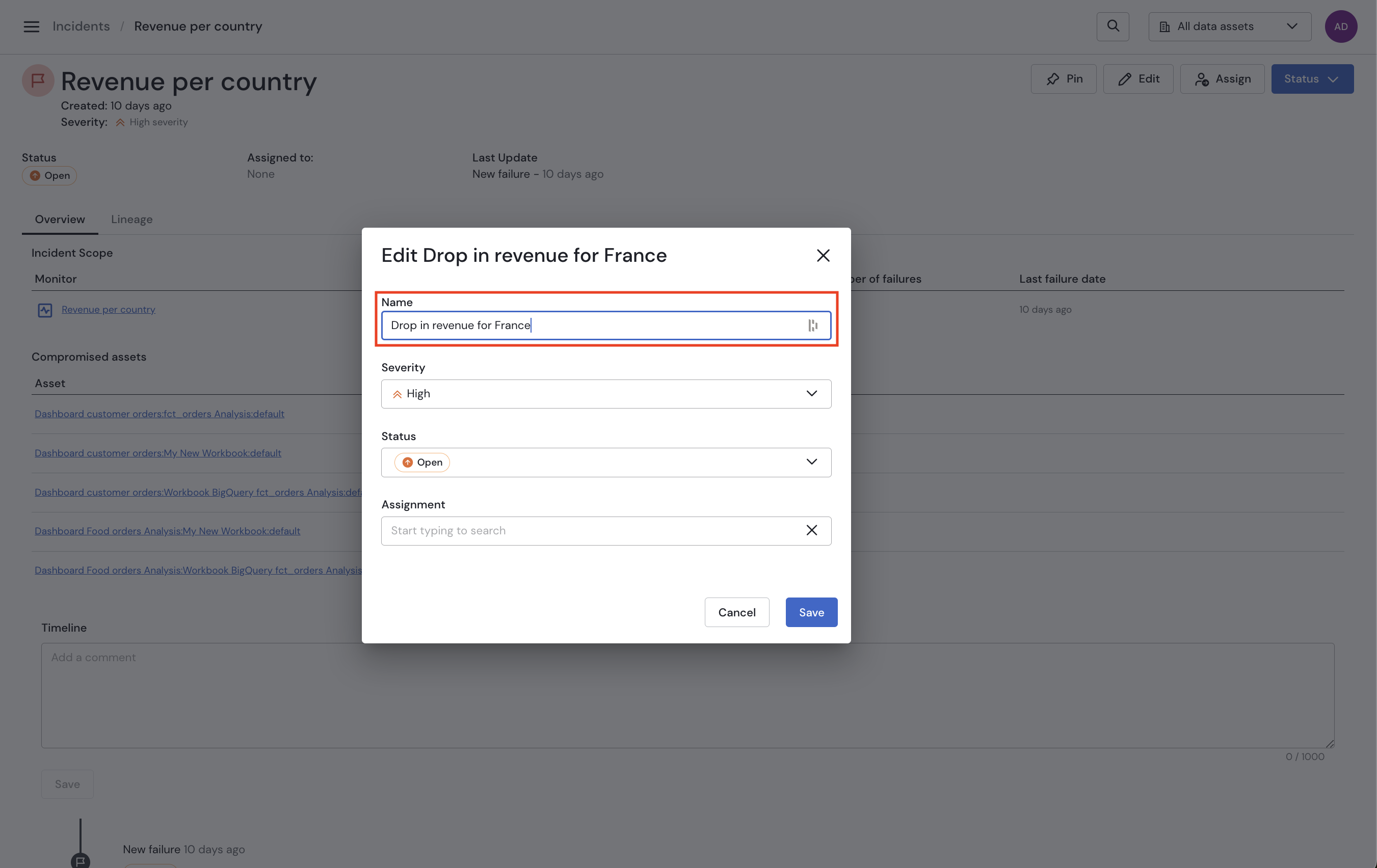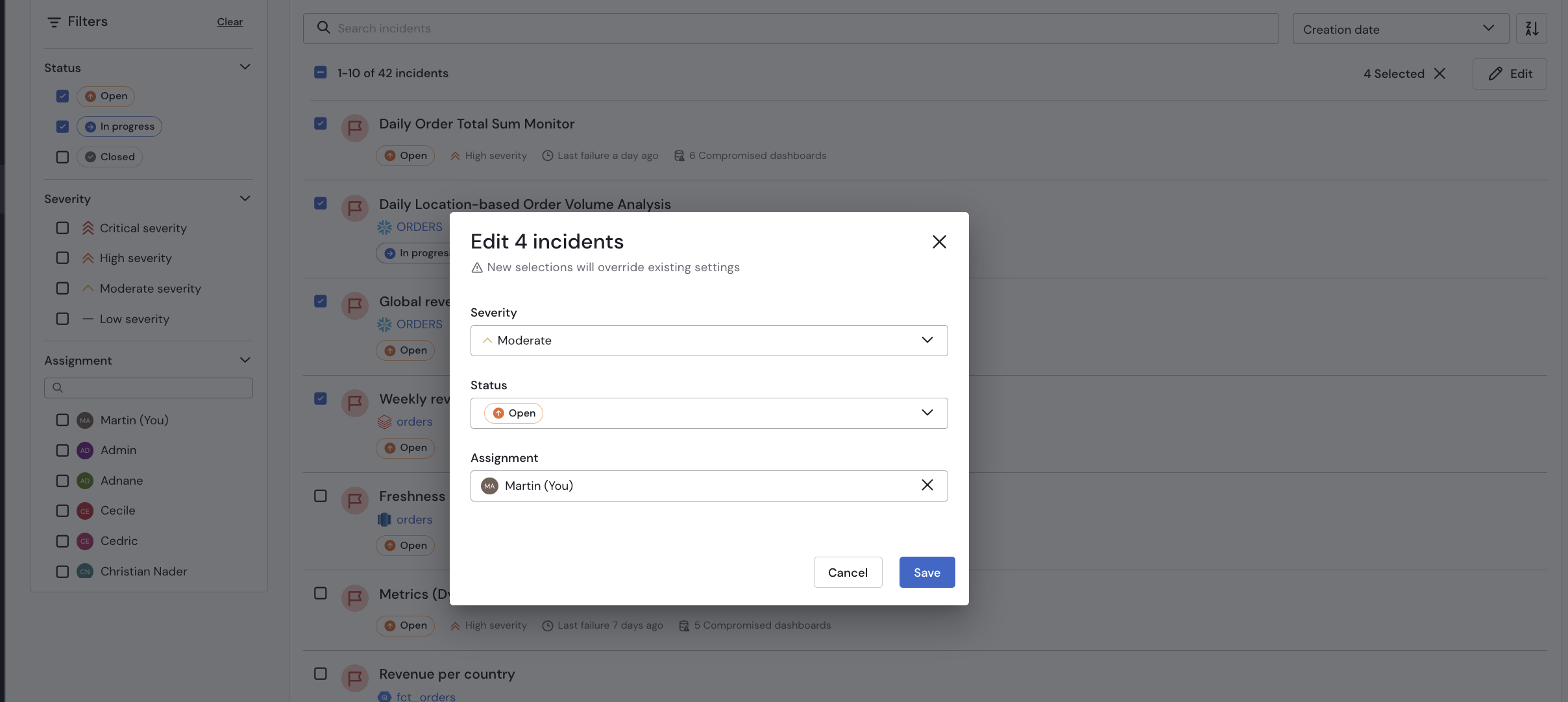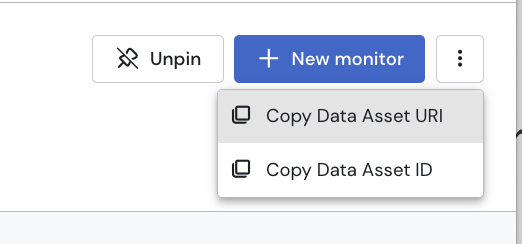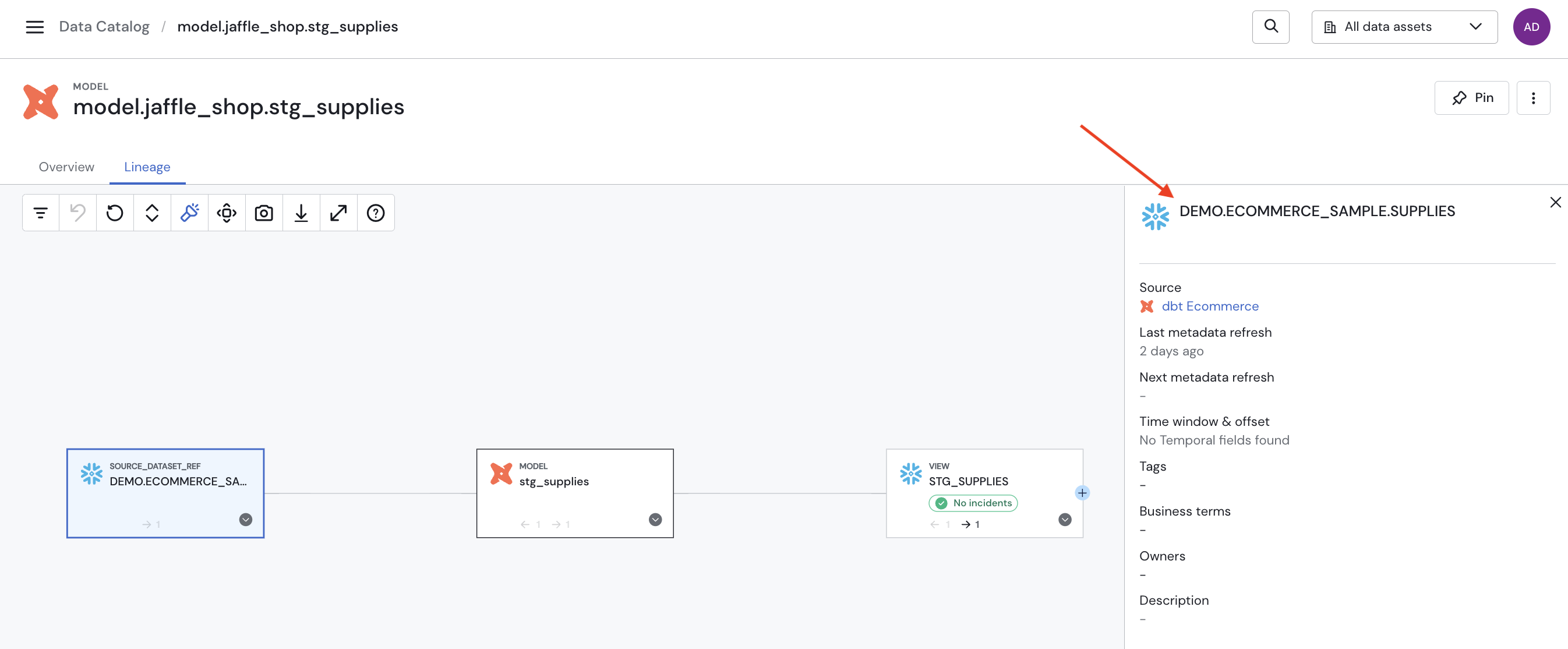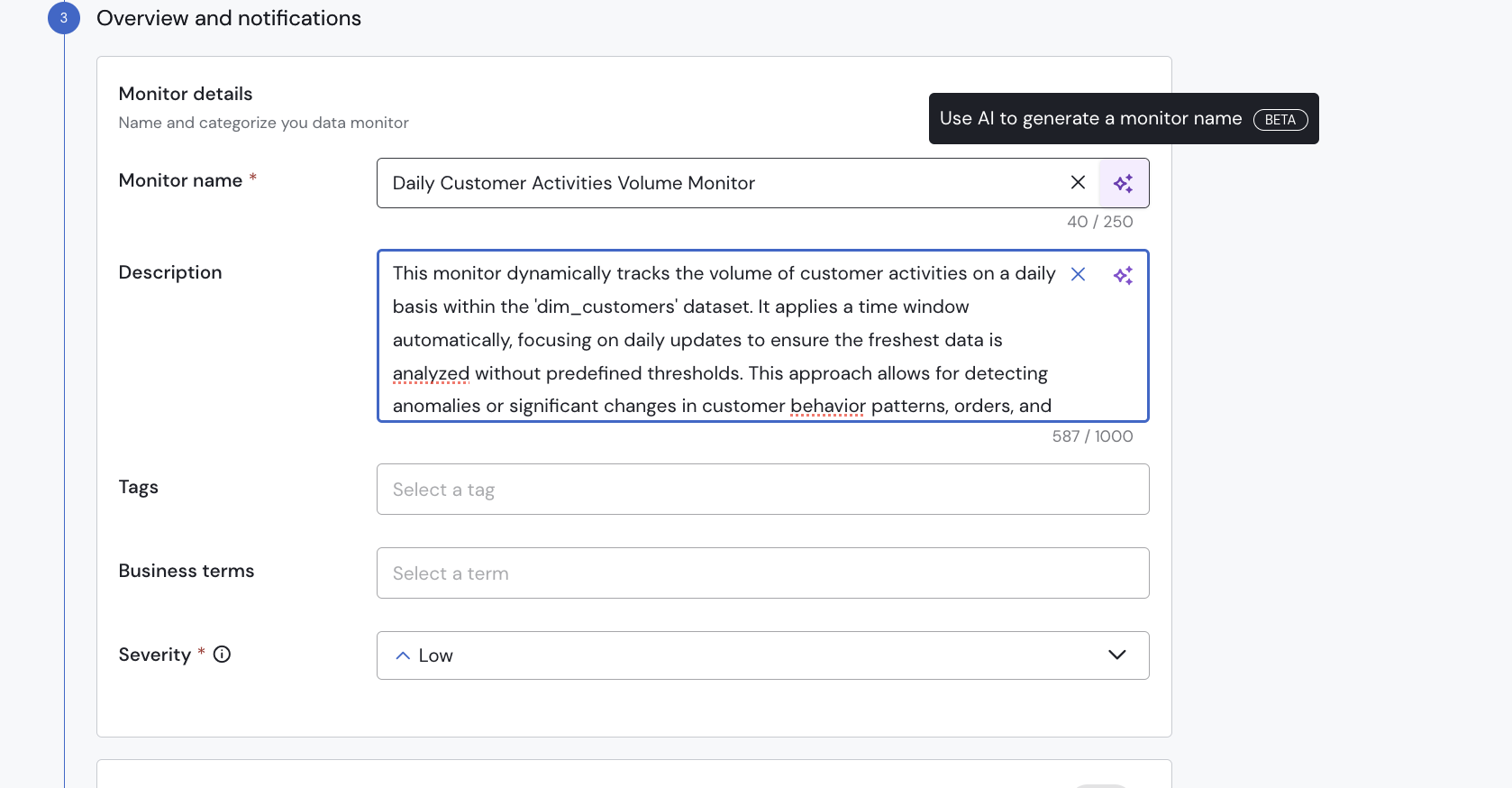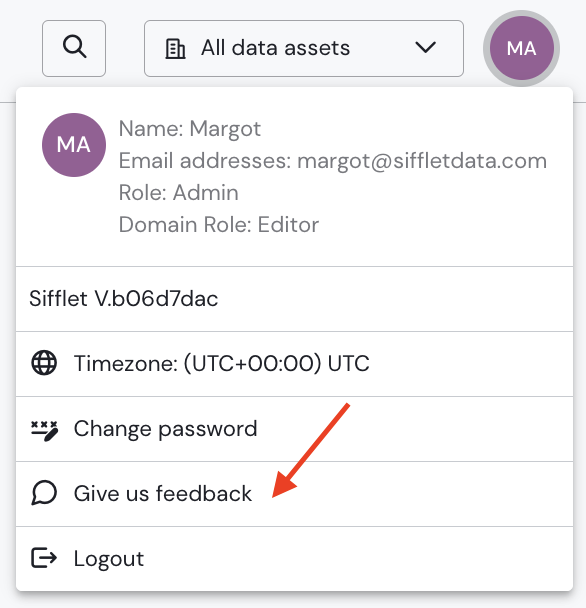Product Release 2024-08-08
by Mahdi Karabiben✨ Feature Highlights
Snowflake: Configurable look-back period for lineage generation
The look-back period used by Sifflet when querying the Access History view to generate Snowflake lineage is now configurable and no longer limited to 7 days.
Power BI: Support for Power Query M queries with multiple upstreams
Sifflet can now parse table source expressions (built using Power Query M) that reference multiple upstream tables and connect them to the upstream datasets in the data platform.
Incidents: Improved Look and Feel
We've improved the Incident Page to make it more aligned with the Sifflet Experience. Many more improvements to the timeline and more messages !
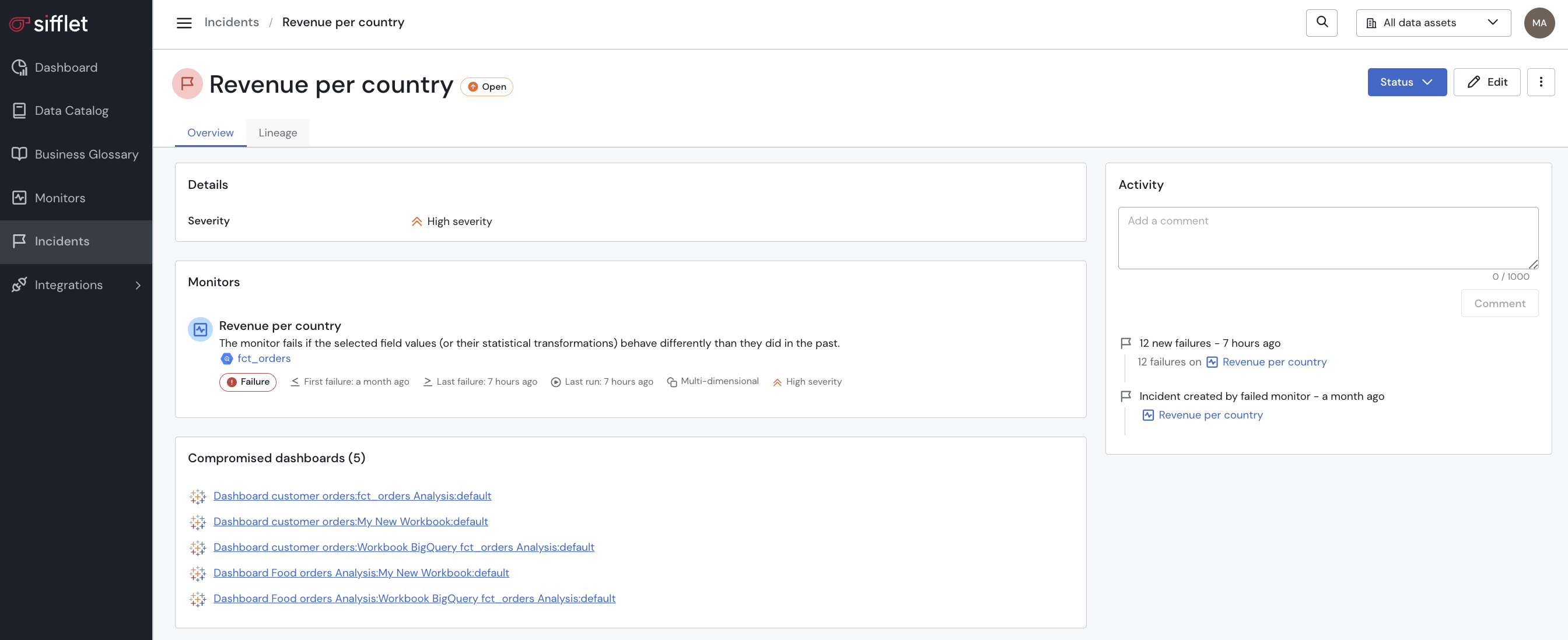
Microsoft Teams Integration: Power Automate Workflows Support
Following up on Microsoft's Office 365 connectors deprecation notice, Sifflet modified the Microsoft Teams integration to support Power Automate workflows.
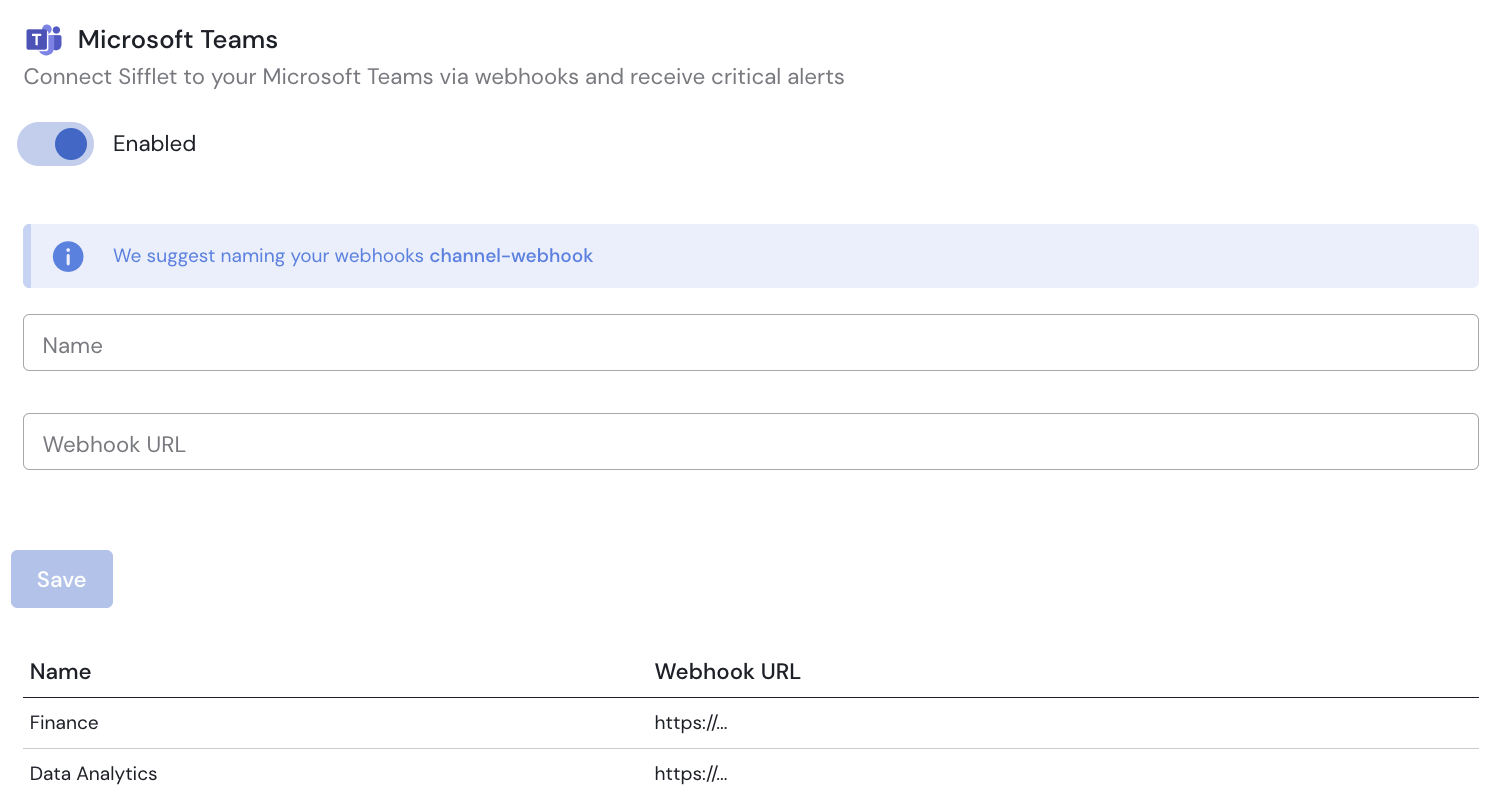
Read more about Microsoft Teams integration
Note that previously configured webhooks leveraging Connectors Incoming Webhooks mechanism are still supported. More details about the migration from Connectors Incoming Webhooks to Power Automate workflows will be shared with impacted users in the upcoming weeks.
Data Catalog & Monitors: Assets' Fully Qualified Names
Tables & Views and declared assets' fully qualified names are now surfaced on asset, lineage, and monitor wizard pages. This removes the need to manually tweak your data source name to be able to understand which asset you're looking at and ensure the monitor you are creating targets the right dataset.
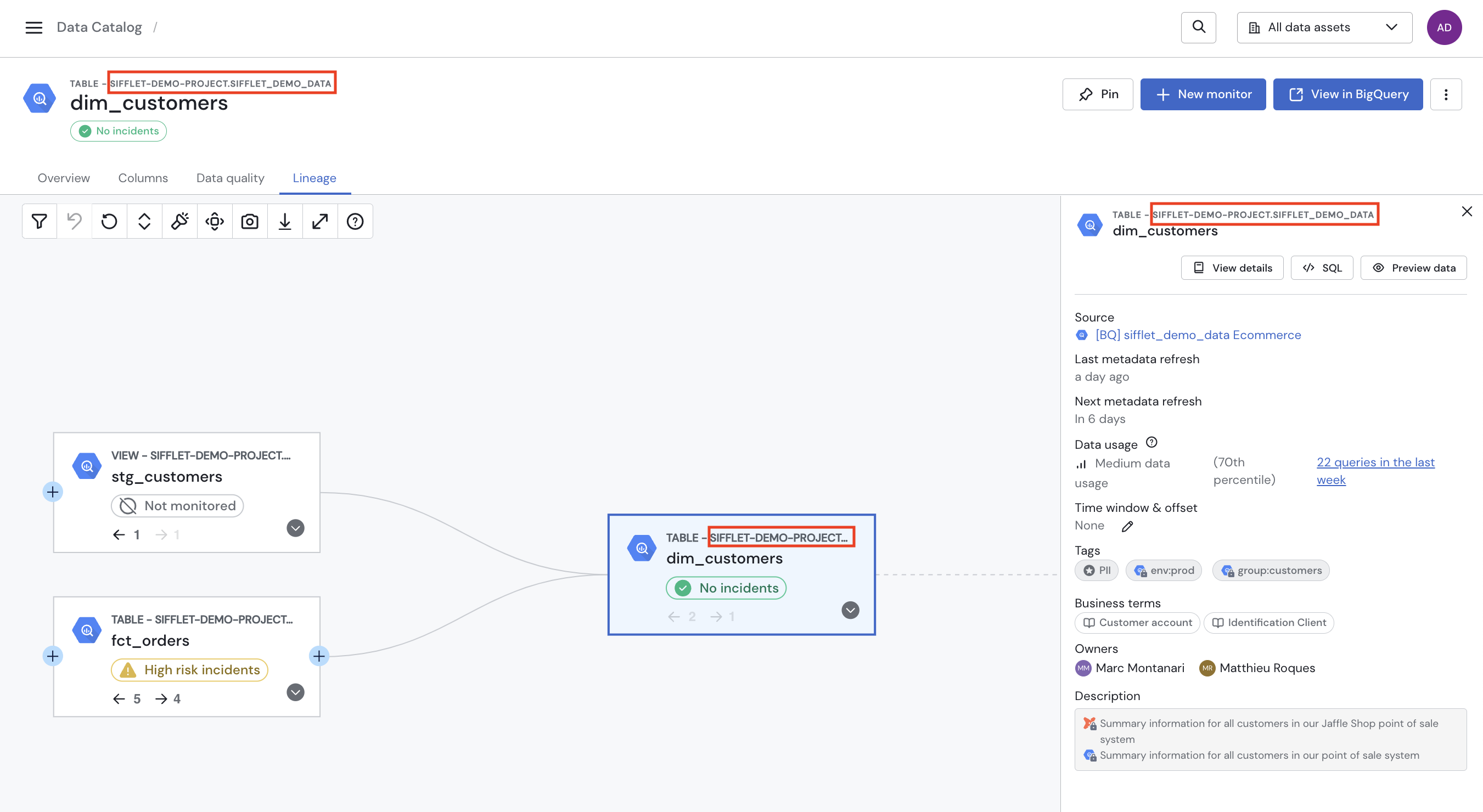
Read more about assets' fully qualified names on assets, lineage, and monitor pages
Sifflet App for Slack on Slack App Directory
The Sifflet App for Slack is now officially available on Slack App Directory, making it easier for your teams to discover and set up the Sifflet integration for Slack in order to get alerted on data quality issues.
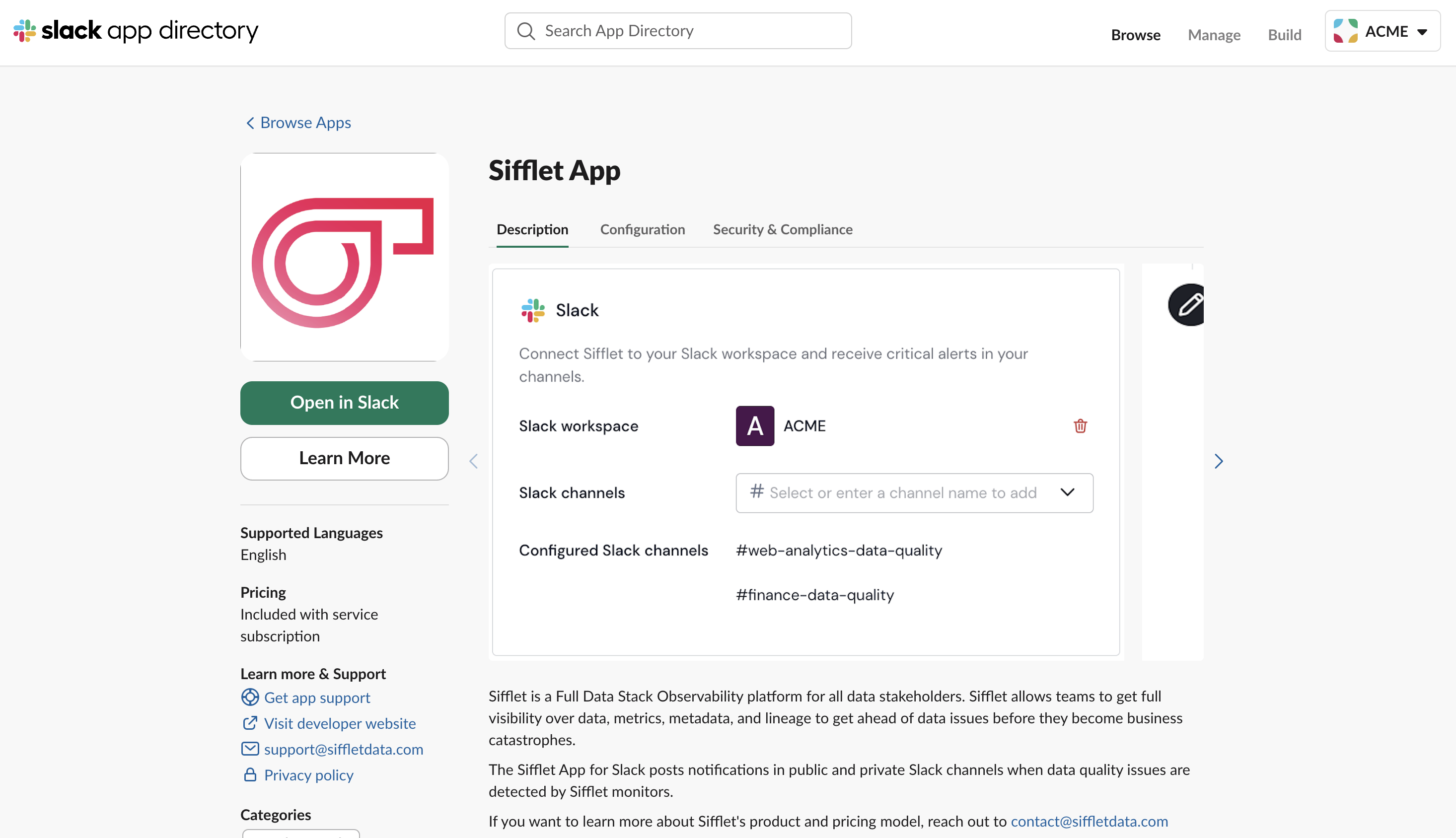
Read more about Sifflet App for Slack
Quick Access to Assets With "View in" Buttons
Quickly access your asset on its original technology platform thanks to the View in button that is now available on three additional technologies: Snowflake, BigQuery, and Databricks.
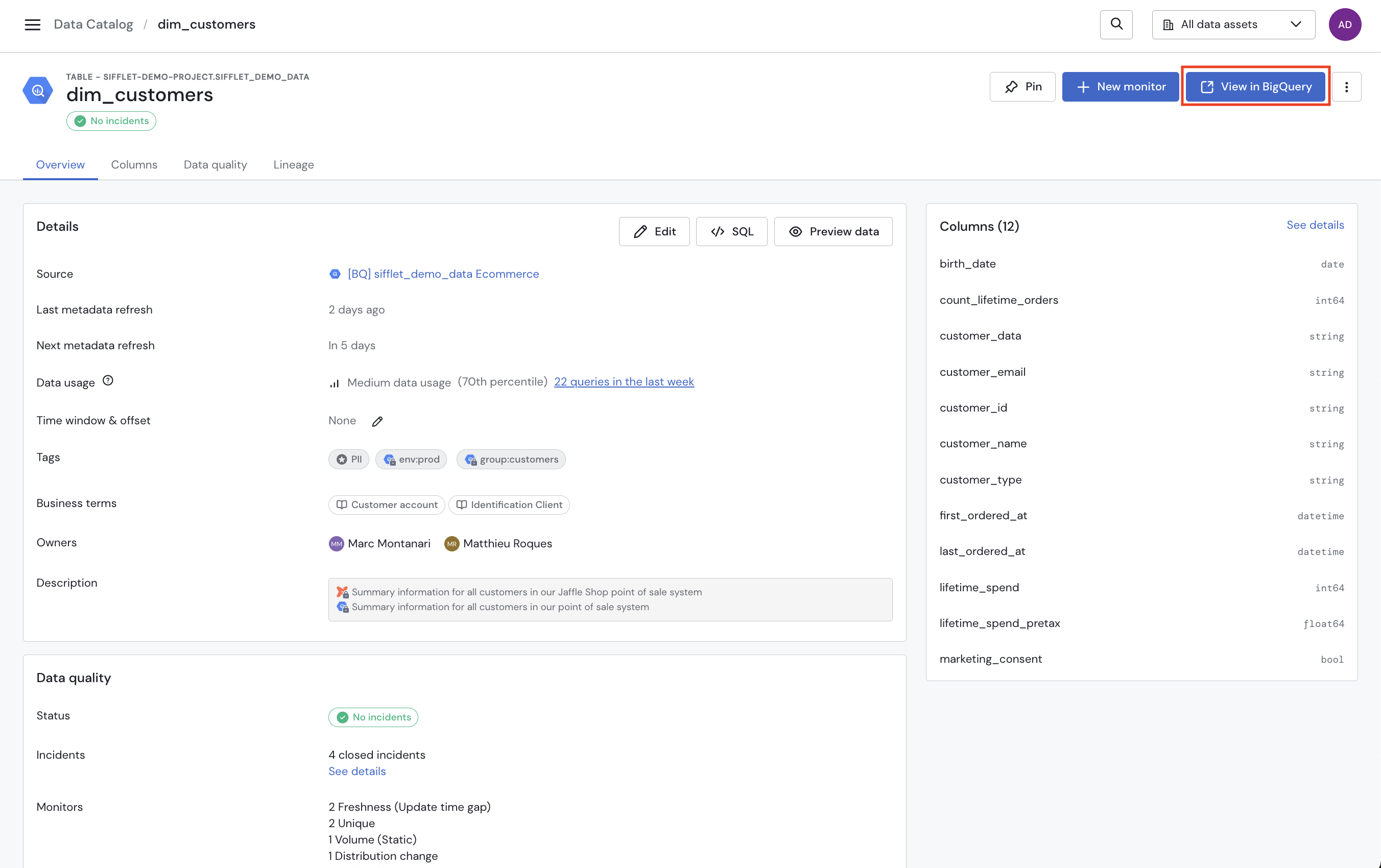
Read more about asset pages
App version: v300-307

